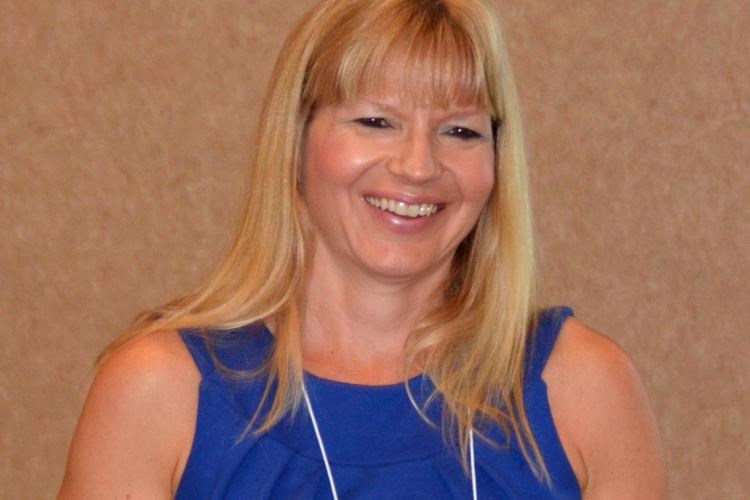As the 10th-leading cause of death in Arizona – and the second-leading cause of death among those age 10 through 34 – suicide is a major public health concern in our state. But knowing what to do when someone you know is at risk for self harm may make the difference in preventing a suicide.
Gov. Doug Ducey has proclaimed September as Suicide Prevention Awareness Month in Arizona. Arizona ranks 20th in the U.S. in deaths by suicide, with about 1,300 such deaths in 2020.
Here are five steps you can take to help someone in emotional pain:
- Ask: “Are you thinking about killing yourself?” It’s not an easy question but studies show that asking at-risk individuals if they are suicidal does not increase suicides or suicidal thoughts.
- Keep them safe: Reducing a suicidal person’s access to highly lethal items or places is an important part of suicide prevention. While this is not always easy, asking if the at-risk person has a plan and removing or disabling the lethal means can make a difference.
- Be there: Listen carefully and learn what the individual is thinking and feeling. Research suggests that acknowledging and talking about suicide may in fact reduce suicidal thoughts.
- Help them connect: Save the 988 Suicide & Crisis Lifeline number (call or text 988) and the Crisis Text Line number (741741) in your phone so they’re available if you need them. You can also help make a connection with a trusted individual like a family member, friend, spiritual adviser, or mental health professional.
- Stay connected: Staying in touch after a crisis or after being discharged from care can make a difference. Studies have shown the number of suicide deaths goes down when someone follows up with the at-risk person.
If you see the warning signs of someone considering self harm, acting quickly can save a life.
Sheila Sjolander is assistant director of the Arizona Department of Health Services, leading the Division of Public Health Prevention Services for the past 10 years. She oversees more than 60 public health programs, including injury prevention, maternal and child health, nutrition and physical activity, and chronic disease programs. In her 20 years at ADHS, she has been a leader in integration of prevention programs, strategic planning and the state’s work to reduce opioid overdoses. Sjolander received her Master of Social Work degree from Temple University and previously held strategic planning positions in Oregon and Wisconsin. Sjolander received the Outstanding Achievement in Rural Women’s Health from the Arizona Rural Women’s Health Association in 2016 and the CHW Champion Award from the Arizona Community Health Worker Association in 2017.



